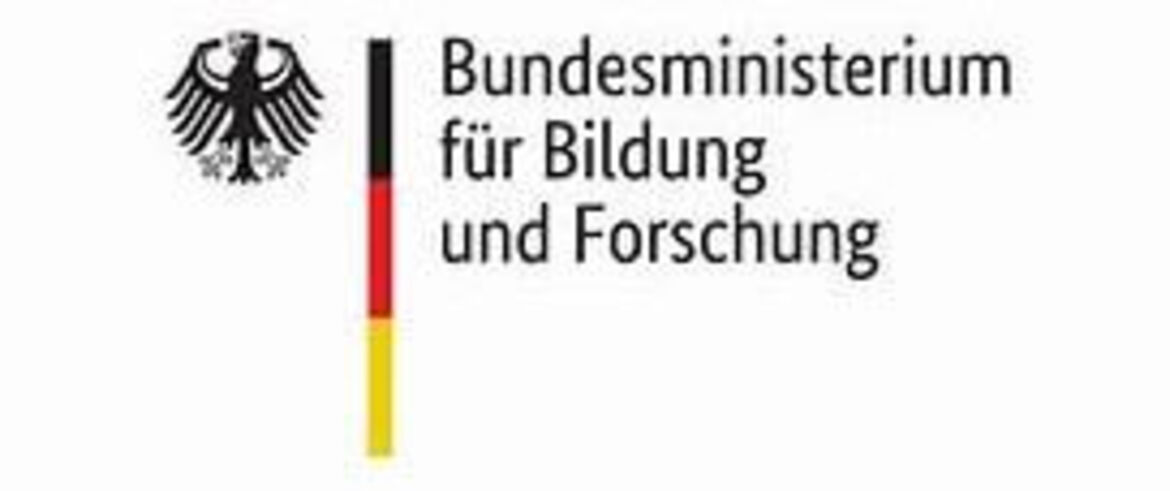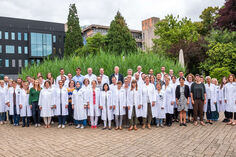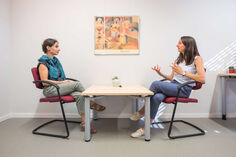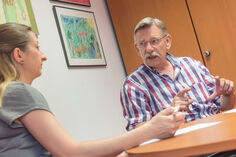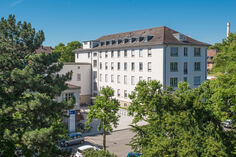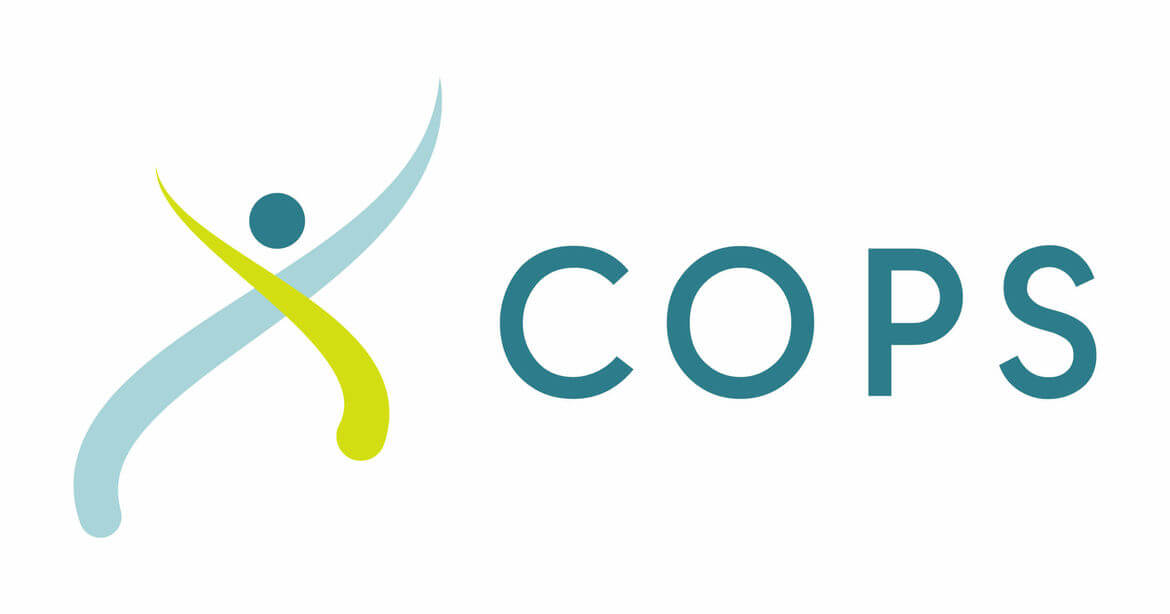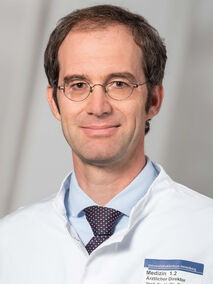COMPARISON OF PSYCHO-ONCOLOGICAL AND PHYSICAL EXERCISE INTERVENTIONS FOR HEALTH-RELATED QUALITY OF LIFE IN CANCER
CONZEPTUALIZATION OF A RANDOMIZED NON-INFERIORITY TRIAL
Summary
Due to the improved prognosis of cancer diseases, supportive interventions to increase the psychological and physical quality of life are becoming increasingly important in modern cancer therapy. Psycho-oncological support has already proven its worth for this purpose, and in recent years sports and exercise programs were newly added. First evidence for the effectiveness of the latter is available. However, nothing is known about the comparative effectiveness of the two support services, so that clinical guidelines only contain psycho-oncology as the evidence-based recommendation.
In spring 2019, the German Federal Ministry of Education and Research (BMBF), announced a call for proposals for practice-altering studies to be funded as part of the National Decade against Cancer. These studies are intended to compare different treatment methods and ideally lead to results that significantly improve patient care. Within this framework, a direct comparison of psycho-oncology and sports interventions will be carried out for the first time. Initially, a seven-month conceptualization phase is funded. The aim of the conceptualization phase of the COPS study is the thorough and detailed preparation of a large-scale, multi-center therapy study to compare the effectiveness of exercise therapy and psycho-oncology in improving quality of life in cancer patients.
A special feature of the project is that patients are actively involved in designing the research to ensure that the results are relevant to their concerns. In order to check the acceptability for patients, an advisory patient group will be set up and patients with different tumor diseases will be asked in advance in detail about their opinion and interest in participating in the study.
As a result of the conceptualization phase it is expected that feasibility of a large randomized comparative study will be confirmed and that the trial can be realized immediately. It is planned to include 2,686 patients with different tumor diseases over a period of 5 years. The supportive treatments include 12 on-site appointments over a period of 12 weeks each and are led by psycho-oncologists or sports therapists.
If successful, the clinical trial will lead to evidence-based recommendations for supportive therapies in cancer and increase the choice for patients.
Project manager
Co-Project manager
PD Dr. Joachim Wiskemann
(AG Oncological Sports and Therapy, NCT Heidelberg)
Working group: Mechthild Hartmann, Katrin Willig, Carina Bär, Cassandra Derreza-Greeven, Leonie Plenz, Jana Müller, Anja Sander (IMBI), Meinhard Kieser (IMBI), Krieger (KKS)
Cooperation / alliance partners: Yesim Erim (Department of Psychosomatics and Psychotherapy at the University Hospital Erlangen); Alexander Tallner (Department of Sports and Sports Science, Friedrich-Alexander-University Erlangen-Nuremberg); Martin Teufel (Clinic for Psychosomatics and Psychotherapy, LVR Clinic Essen of the University Duisburg/Essen) Miriam Götte (Clinic for Pediatrics, University Hospital Essen) Alexander Wünsch (Clinic for Psychosomatic Medicine and Psychotherapy, University Hospital Freiburg); Hartmut Bertz (Sports Oncology, Internal Medicine University Hospital Freiburg); Jörg Wiltink (Clinic and Polyclinic for Psychosomatic Medicine and Psychotherapy, University Medicine Mainz); Ulrich Betz (Institute for Physical Therapy, Prevention and Rehabilitation, University Medicine Mainz); Andreas Dinkel (Clinic and Polyclinic for Psychosomatic Medicine and Psychotherapy, Klinikum rechts der Isar, Technical University Munich); Martin Halle (Center for Prevention and Sports Medicine, Klinikum rechts der Isar, Technical University Munich); Andreas Stengel (Medical Clinic, Psychosomatic Medicine and Psychotherapy, University Hospital Tübingen); Andreas Nieß (Department of Sports Medicine of the Medical Clinic, University Hospital Tübingen); Klaus Hönig (Psychosomatic Medicine and Psychotherapy, University Hospital Ulm); Jürgen Steinacker (Section of Sports and Rehabilitation Medicine, Clinic for Internal Medicine II, University Hospital Ulm)
Duration: 4/2020 - 9/2020
Supported by:
